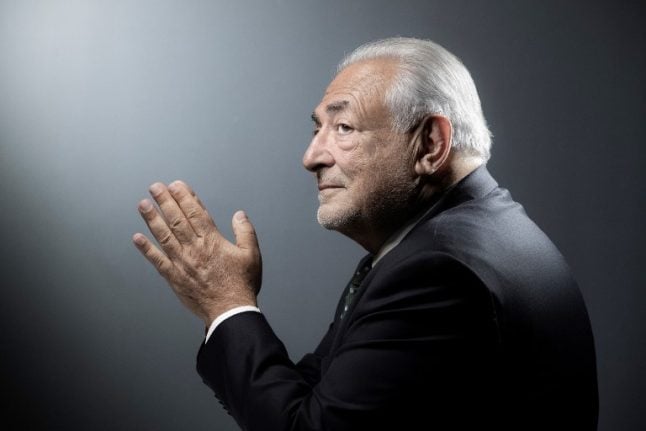"If the case is settled, this will be announced in open court on that day," Bronx Supreme Court Justice Douglas McKeon told AFP on Monday.
The hearing is set for 2pm. McKeon said he expects the maid, Nafissatou Diallo, to be present, and for Strauss-Kahn to skip the proceedings.
If Strauss-Kahn, 63, and Diallo, 33, agree on the still undisclosed terms of the settlement, the one-time favorite for the French presidency would put to an end his sordid 18-month legal battle in the United States.
Strauss-Kahn's attorney William Taylor told AFP on Friday that negotiations were ongoing but refused to give details of any pay-off.
He called a report in France's Le Monde newspaper that Strauss-Kahn was ready to pay Diallo $6 million if she drops her civil suit "dramatically inaccurate."
Until now, Strauss-Kahn's lawyers repeatedly said they would not agree to a deal and called Diallo a gold digger.
Her legal team insisted equally strongly that she wanted her day in court to confront her alleged abuser.
Diallo's allegation of attempted rape in May 2011 triggered a stunning fall from grace for Strauss-Kahn, who had been seen as close to announcing he would run in an upcoming French presidential election.
Criminal charges were quickly brought, and then thrown out when Manhattan prosecutors said Diallo's testimony wouldn't stand up in court.
Meanwhile, Diallo filed her own civil lawsuit in a Bronx court, alleging that the 63-year-old leapt on her, naked, and forced her into oral sex.
Strauss-Kahn — who says a hurried, but consensual, sex act took place in his luxury room — returned immediately to France after the criminal case disintegrated.
However, by then Strauss-Kahn's career was in tatters, his marriage was on the rocks and he soon faced a string of other sex-related investigations by French authorities.
In France, Strauss-Kahn will learn December 19th if he is to face further investigation into pimping charges arising from allegations that he and associates arranged sex parties with prostitutes.
His lawyers have filed a request for the charges to be dismissed.
French prosecutors last month dropped an investigation into Strauss-Kahn's alleged participation in a gang rape after the woman involved said she had consented and was not pressing charges.
Strauss-Kahn has also been accused by 32-year-old author Tristane Banon of trying to rape her in 2002, but investigators who probed the allegations concluded that while there was prima facie evidence of a sexual assault, the
alleged attack had occurred too long ago to be prosecuted.


 Please whitelist us to continue reading.
Please whitelist us to continue reading.
Member comments